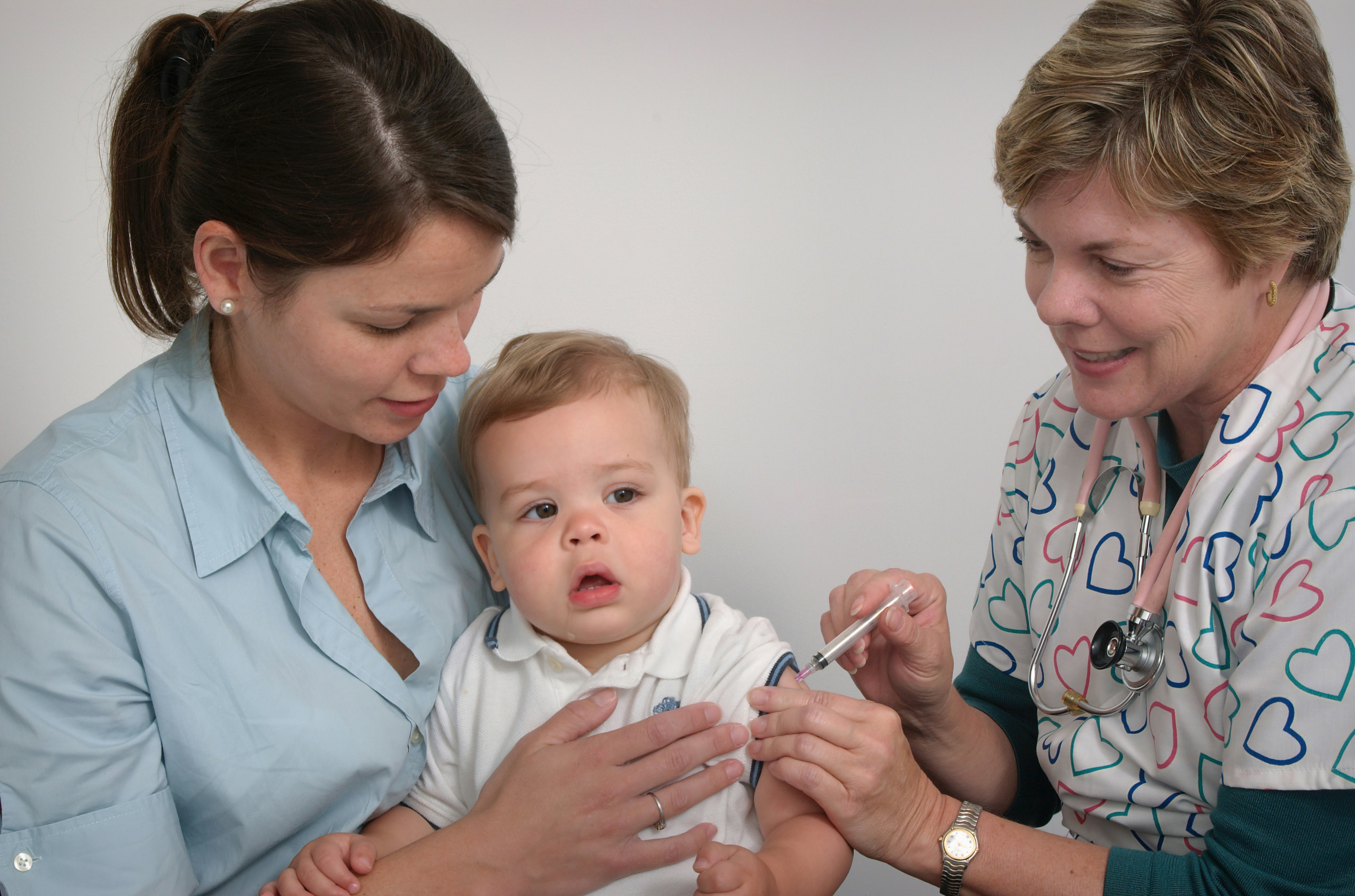Search
News & Events
Perth researchers to trial bird flu vaccinePerth researchers have begun a trial to test the effectiveness of a new vaccine to protect against the potentially deadly bird flu.

News & Events
Extra whooping cough shots to protect bubsAn extra whooping cough vaccination for babies comes as a result of work by researchers at the Wesfarmers Centre of Vaccines and Infectious Diseases.

News & Events
Taking on a common respiratory infection in kidsMapping when Respiratory Syncytal Virus (RSV) reaches its seasonal peak will assist how future vaccination programs are carried out.

News & Events
The Kids researchers help quantify global impact of life-saving vaccinesResearchers at The Kids Research Institute Australia have helped map the global impact of life saving vaccines to mark the 50-year anniversary of the Expanded Programme on Immunisation (EPI).
Research
Re-examining Hepatitis B Postexposure Prophylaxis Following Pediatric Community-acquired Needle-stick Injury in an Era of a National Immunization RegistryLong-term hepatitis B immunity has been demonstrated following the completion of the primary vaccination series in childhood. Some guidelines recommend a hepatitis B surface antibody (anti-HBs) directed approach following community-acquired needle-stick injury (CANSI) to inform hepatitis B postexposure prophylaxis (PEP) management.
Research
Persistence of the immune responses and cross-neutralizing activity with Variants of Concern following two doses of adjuvanted SCB-2019 COVID-19 vaccineWe have previously reported the safety and immunogenicity four weeks after two doses of the Clover COVID-19 vaccine candidate, SCB-2019, a stabilized pre-fusion form of the SARS-CoV-2 S-protein (S-trimer). We now report persistence of antibodies up to 6 months after vaccination, and cross-neutralization titers against three Variants of Concern.
Research
BCG vaccination to reduce the impact of COVID-19 in healthcare workers: Protocol for a randomised controlled trial (BRACE trial)BCG vaccination modulates immune responses to unrelated pathogens. This off-target effect could reduce the impact of emerging pathogens. As a readily available, inexpensive intervention that has a well-established safety profile, BCG is a good candidate for protecting healthcare workers (HCWs) and other vulnerable groups against COVID-19.
Research
IFNβ Is a Potent Adjuvant for Cancer Vaccination StrategiesCancer vaccination drives the generation of anti-tumor T cell immunity and can be enhanced by the inclusion of effective immune adjuvants such as type I interferons (IFNs). Whilst type I IFNs have been shown to promote cross-priming of T cells, the role of individual subtypes remains unclear. Here we systematically compared the capacity of distinct type I IFN subtypes to enhance T cell responses to a whole-cell vaccination strategy in a pre-clinical murine model.
Research
Excess respiratory mortality and hospitalizations associated with influenza in Australia, 2007-2015Influenza is the most common vaccine-preventable disease in Australia, causing significant morbidity and mortality. We assessed the burden of influenza across all ages in terms of influenza-associated mortality and hospitalizations using national mortality, hospital-discharge and influenza surveillance data.
Research
Examining prescribing, timeliness and data recording of immunisations onto a national electronic immunisation register for inpatients at a tertiary paediatric hospitalThe aim of this study was to investigate the quality and adherence of inpatient immunisation prescribing, as well as timeliness and recording of immunisations onto the national immunisation register, within a tertiary paediatric hospital setting. We conducted an observational, retrospective review of inpatient immunisations at Perth Children’s Hospital from July 2018 to February 2019.
